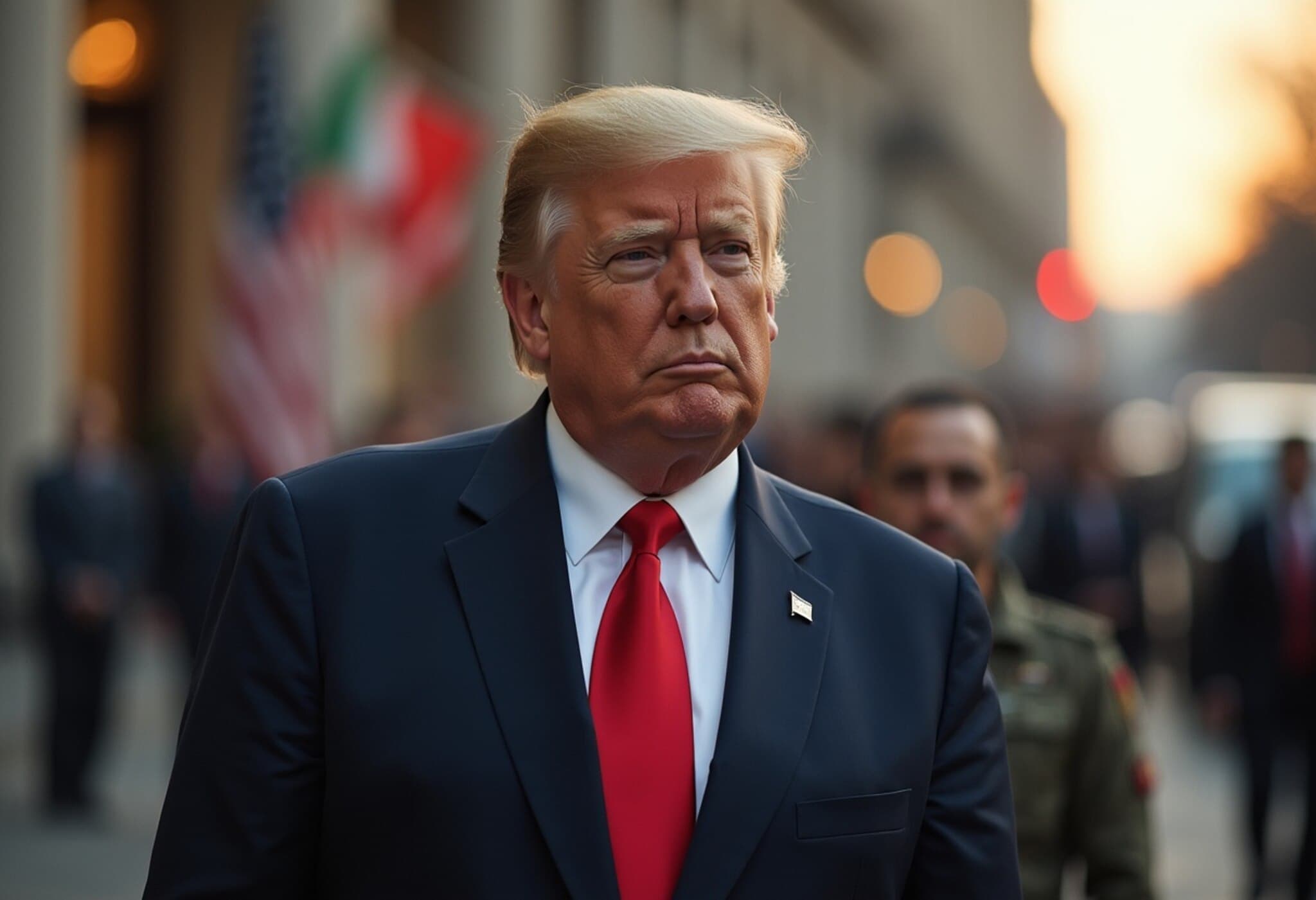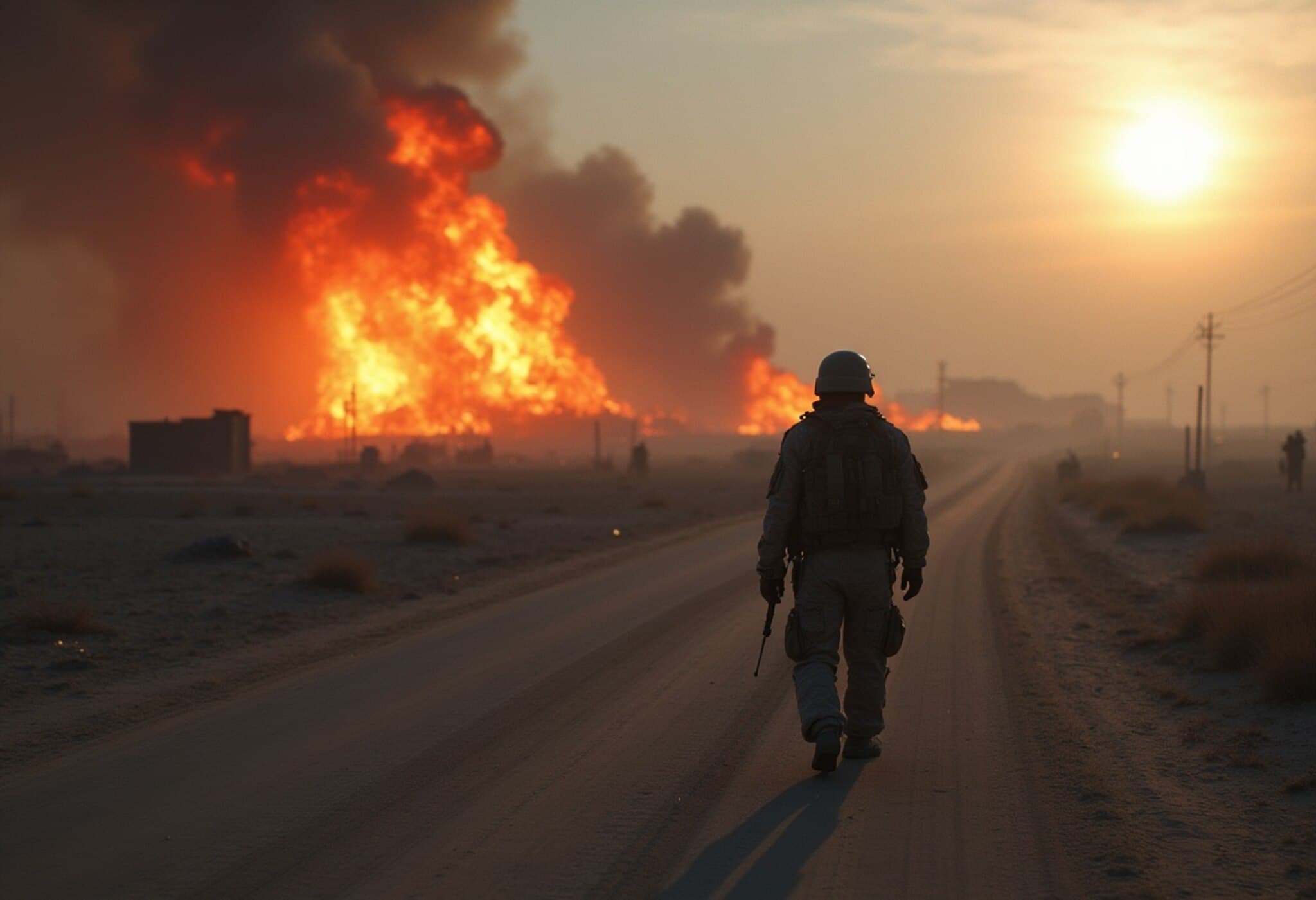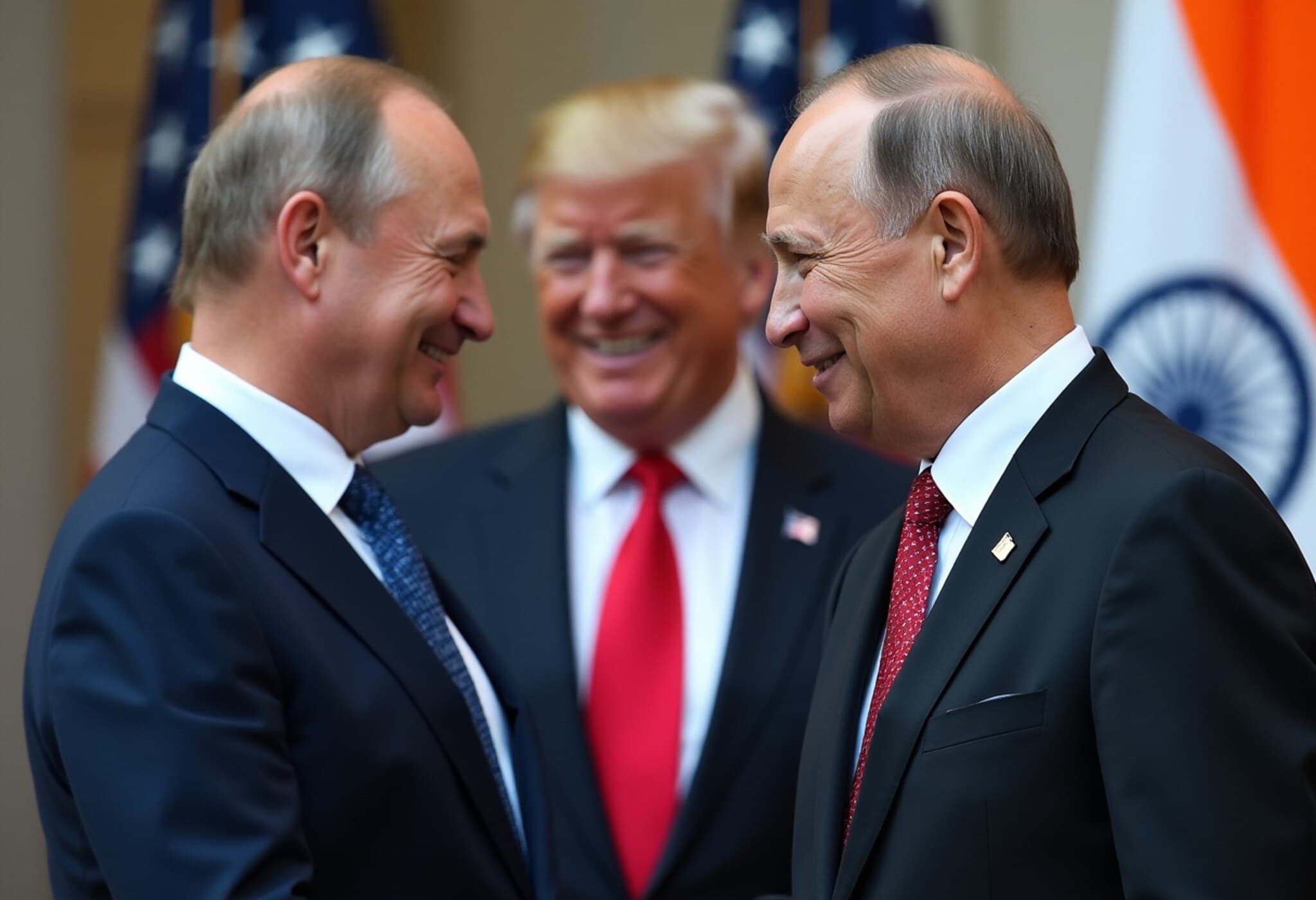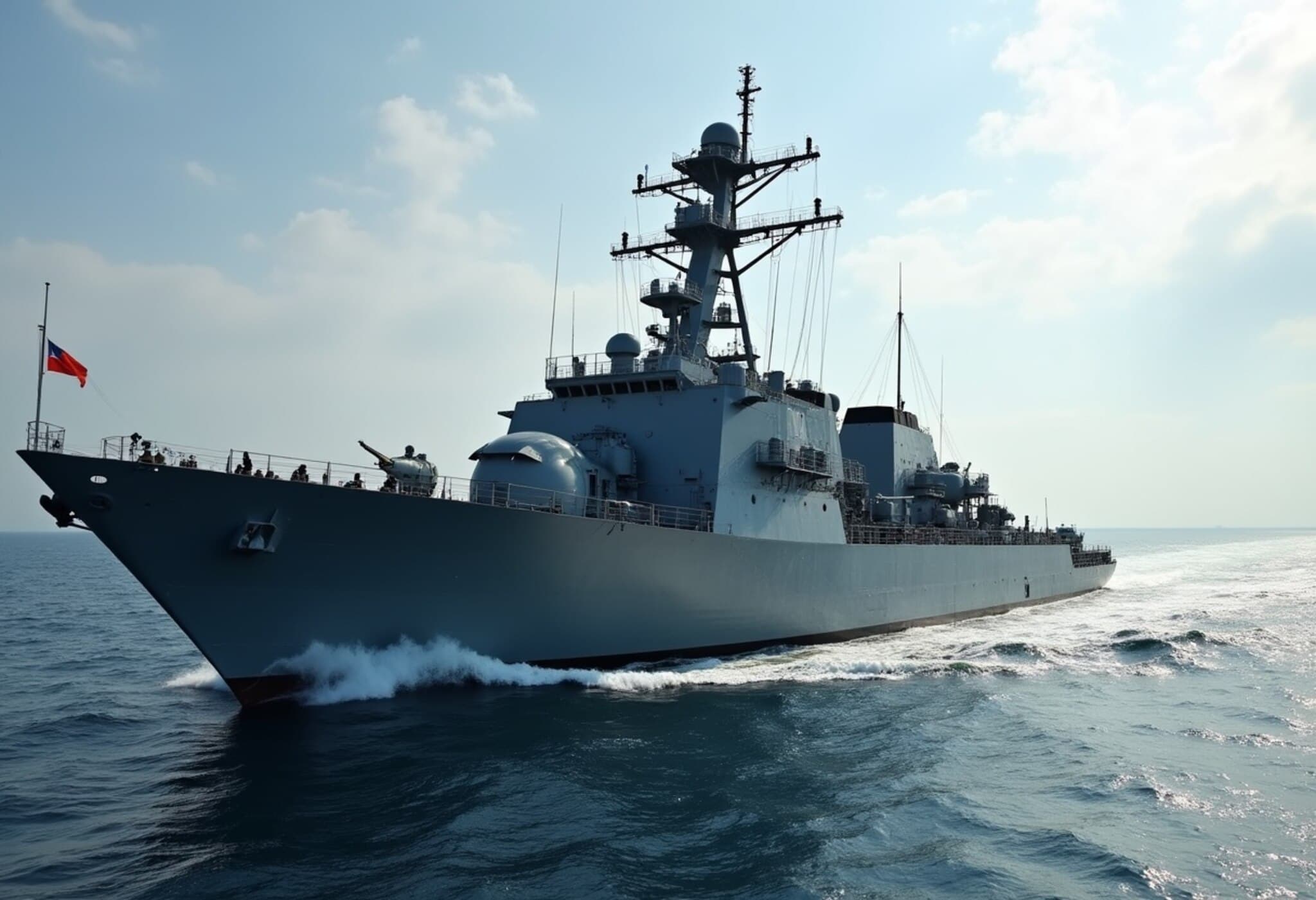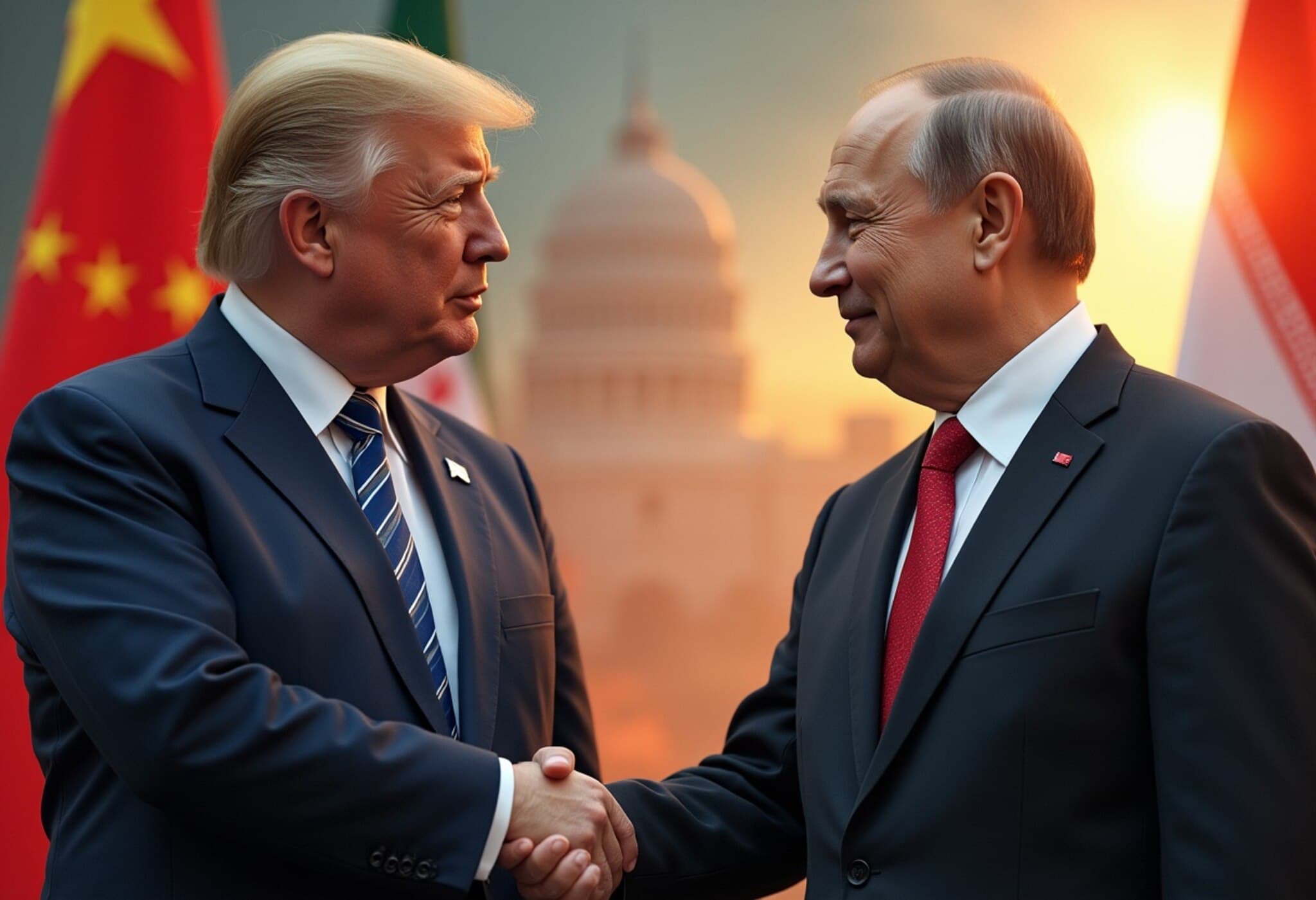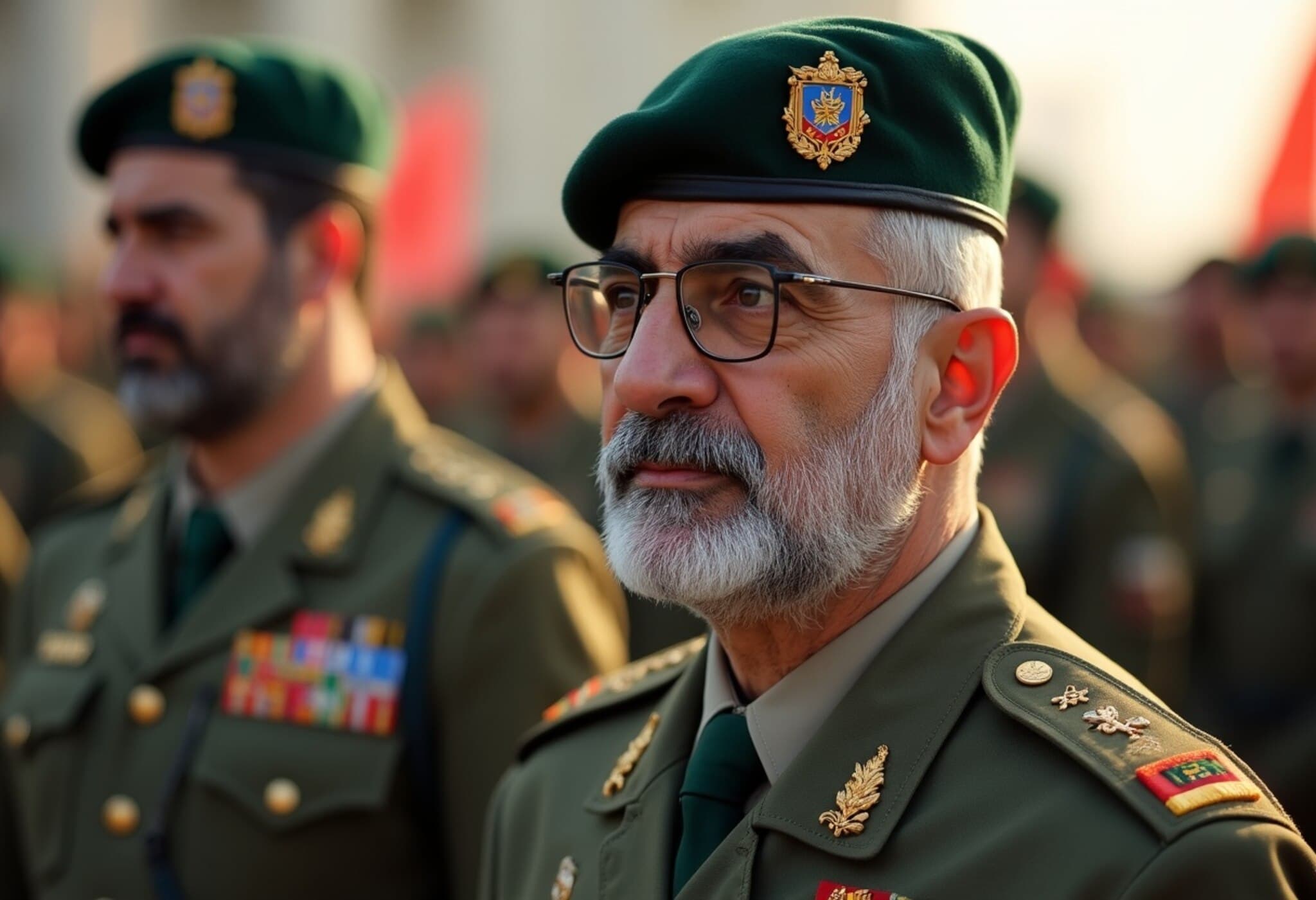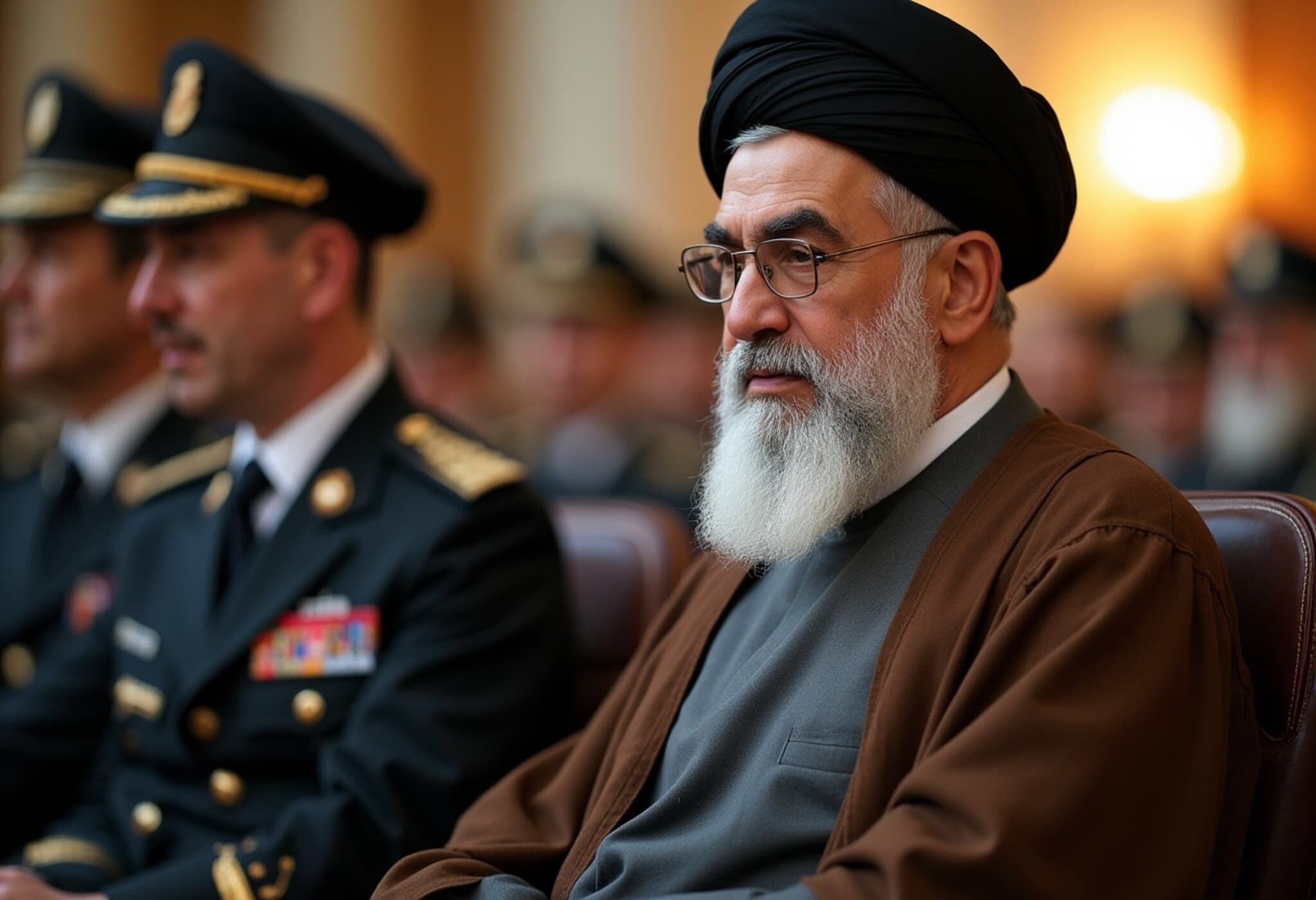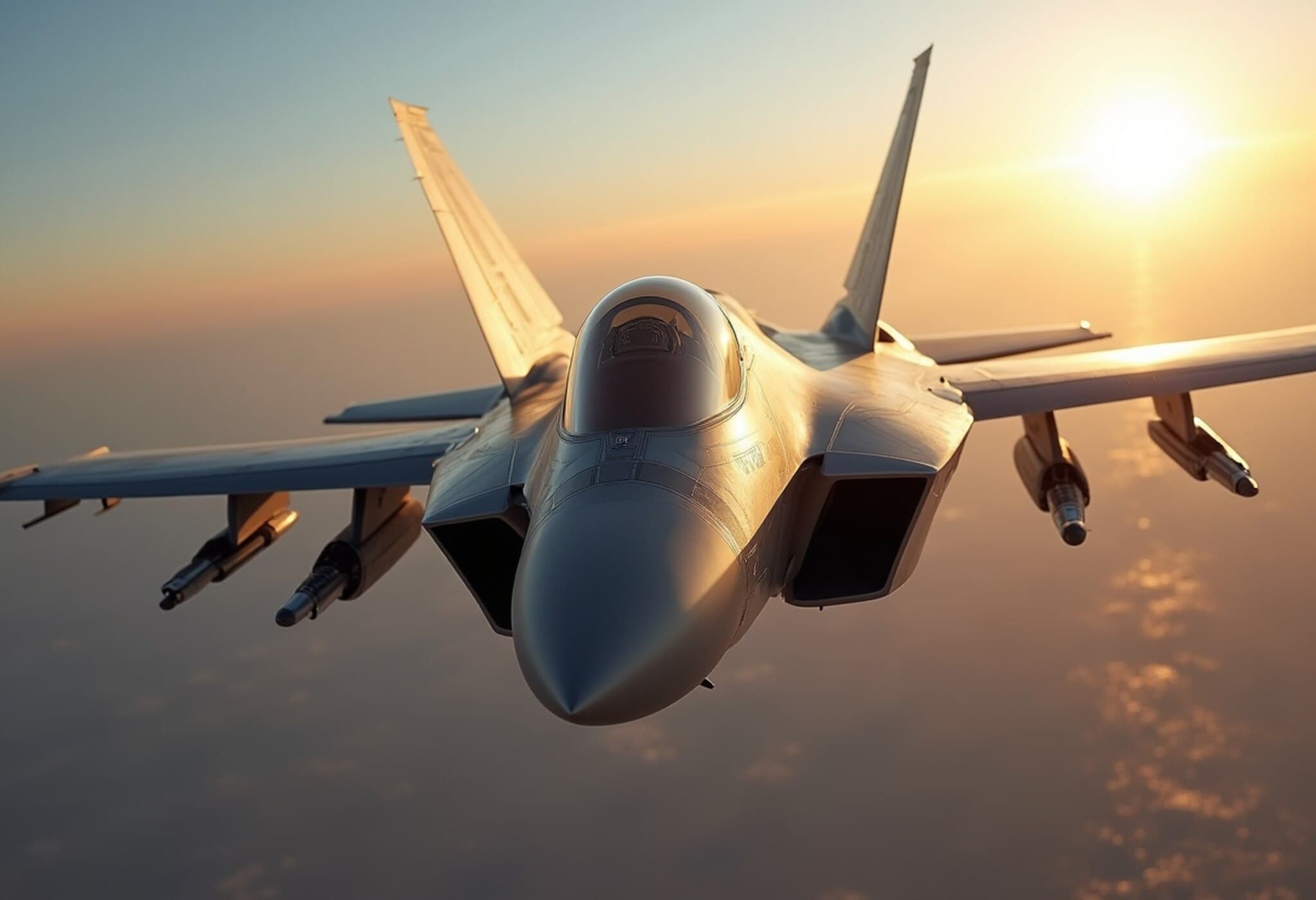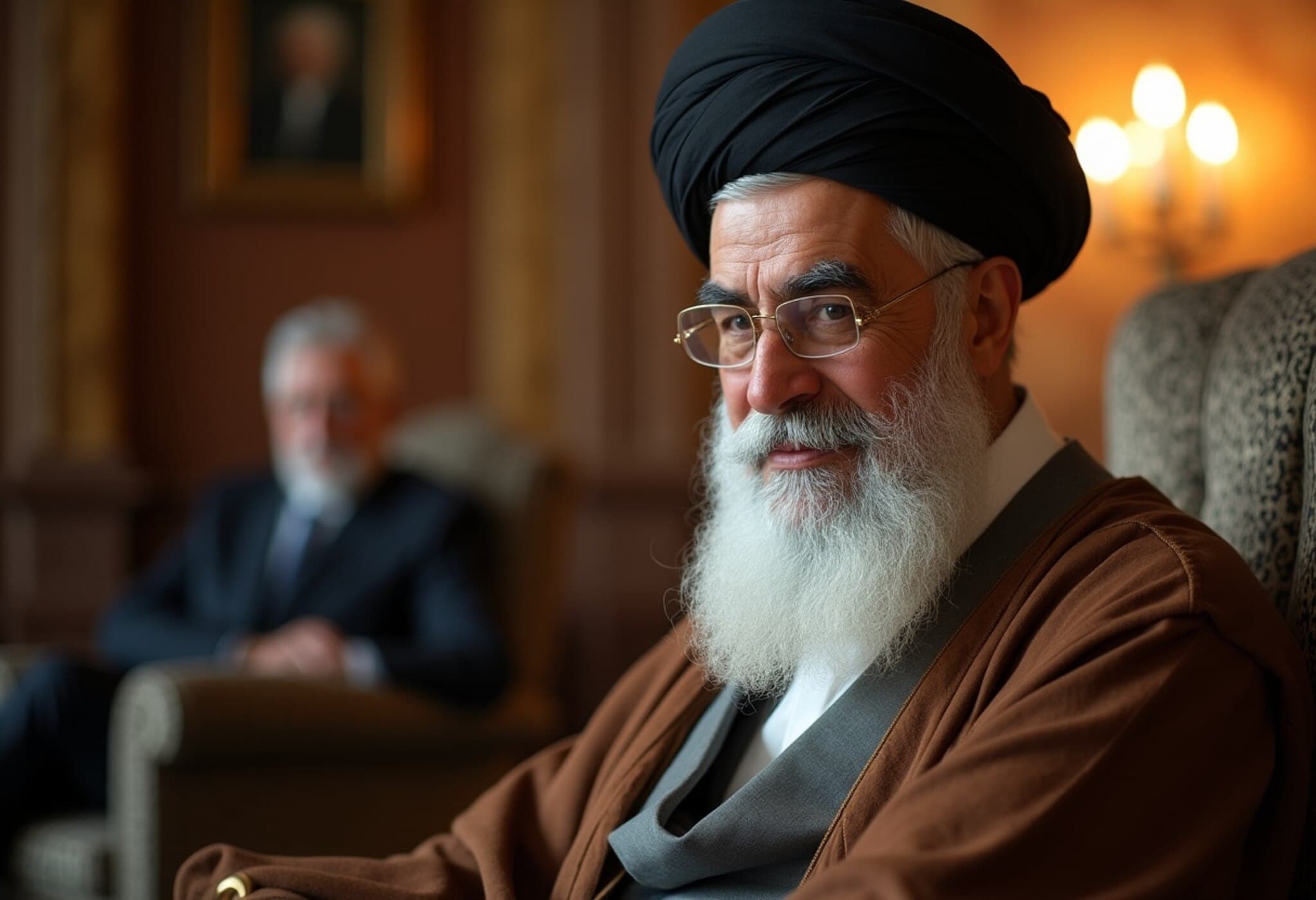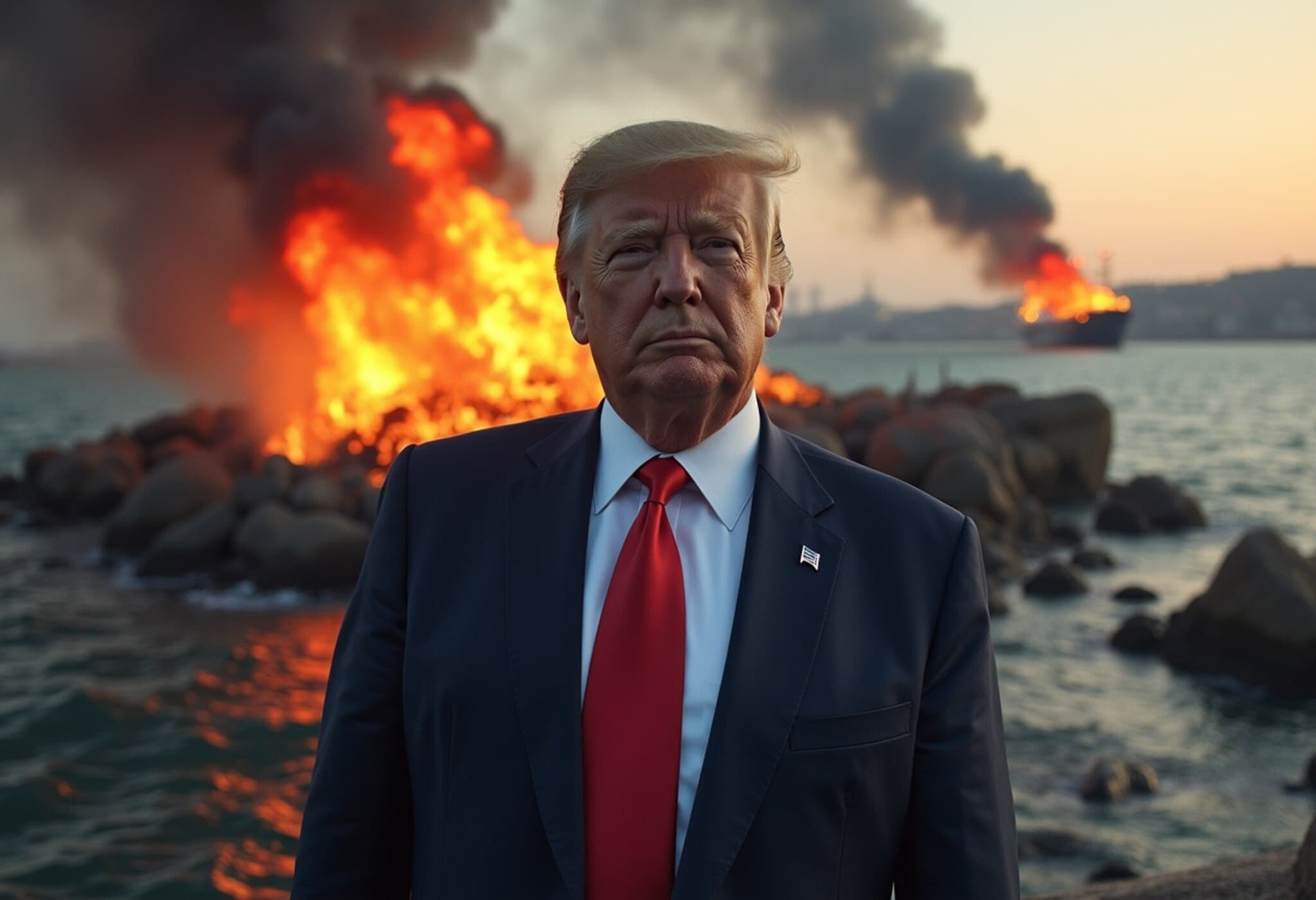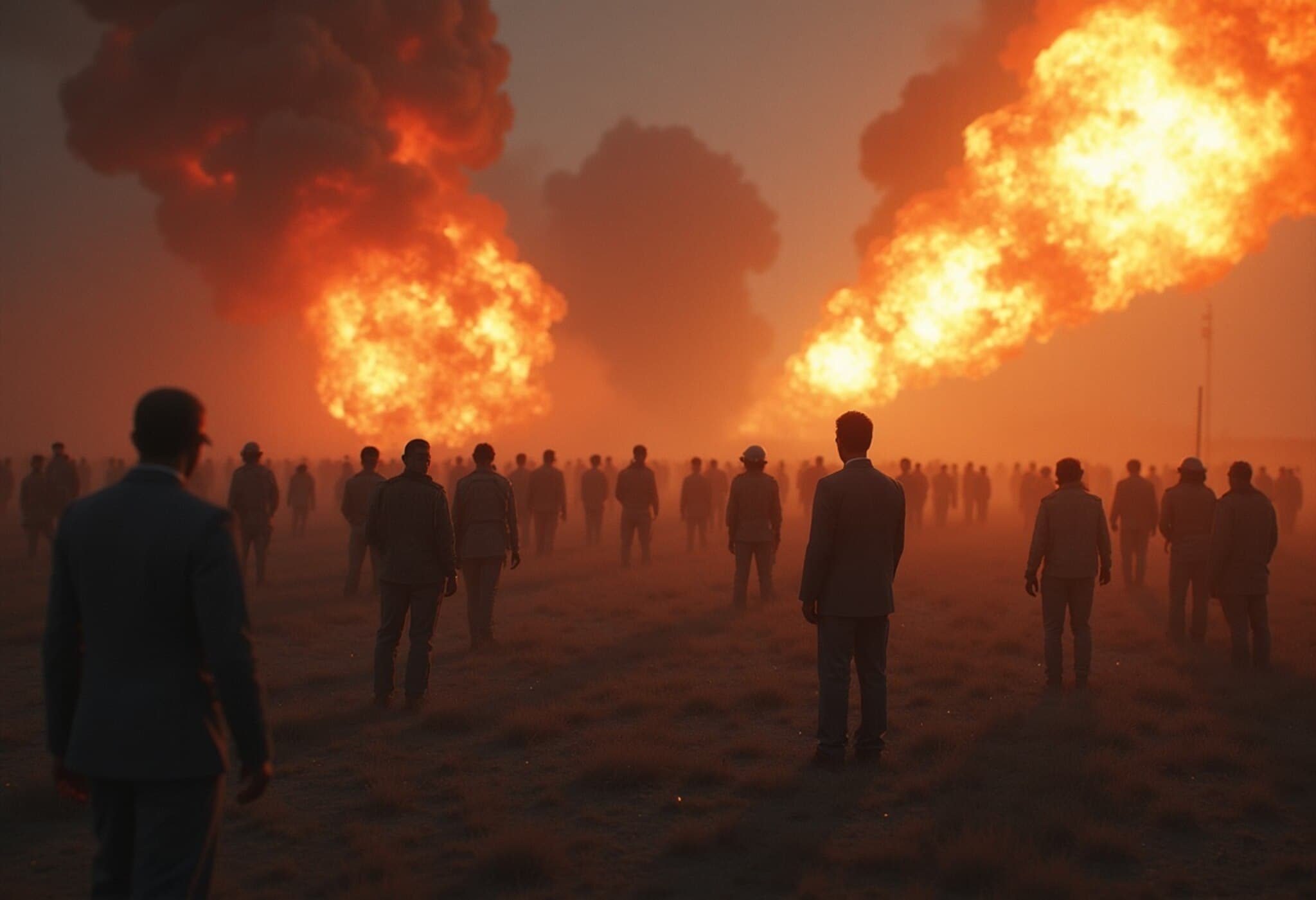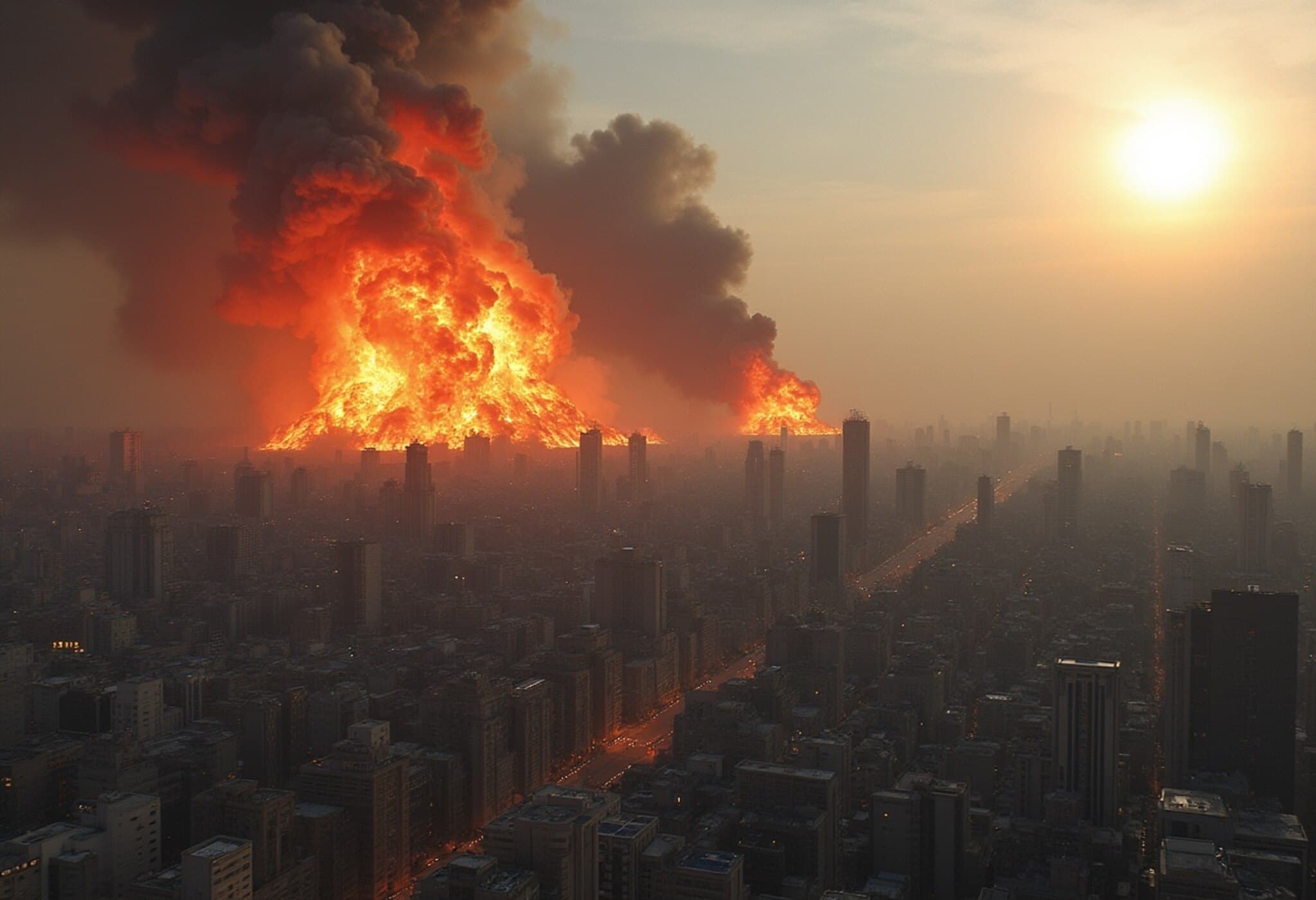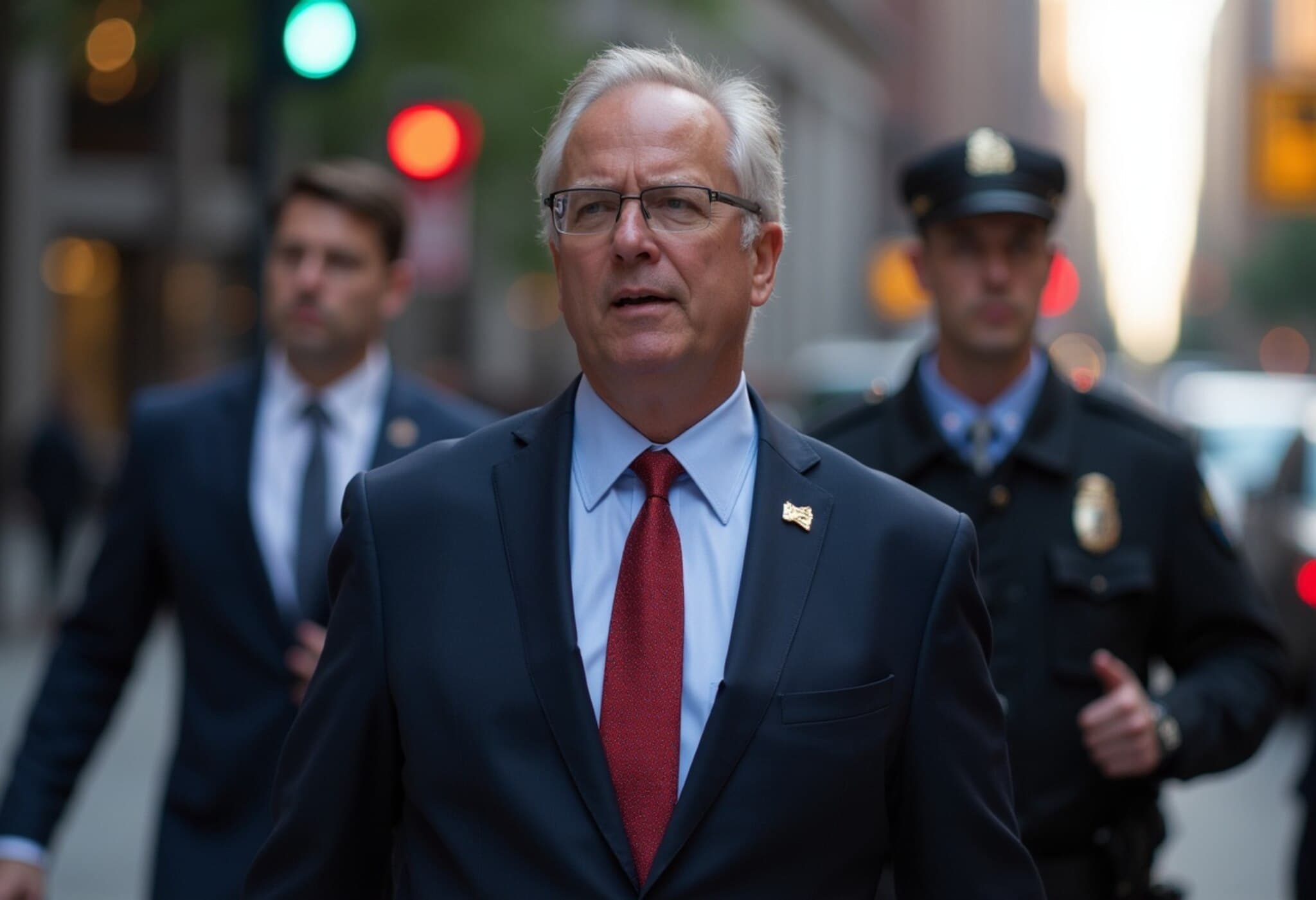Trump Declares US Dominance Over Iranian Airspace Amid Rising Tensions
On Tuesday, former President Donald Trump boldly claimed that the United States holds "complete and total control" of the skies above Iran. He further stated that American intelligence agencies have precisely identified the location of Iranian Supreme Leader Ayatollah Khamenei, a declaration that adds fuel to escalating hostilities in the Middle East.
Confidence in American Technological Superiority
Pinpointing the Supreme Leader
In a subsequent post, Trump issued a stark warning by revealing that US intelligence knows Khamenei’s exact whereabouts. He described the Iranian leader as an "easy target," clarifying, however, that the US has no immediate plans to take lethal action against him. "He is safe there — we are not going to take him out (kill!), at least not for now," Trump stated.
Tensions and Warnings
Trump urged Tehran to act with restraint, especially to avoid missile strikes against civilians or American troops. "Our patience is wearing thin," he cautioned, signaling that further provocations could lead to harsher responses.
Military Reinforcements and Regional Strains
These remarks coincided with reports of increased US military deployments in West Asia. The Pentagon has dispatched additional fighter jets—including F-16s, F-22s, and F-35s—as well as naval assets to strengthen defenses amid ongoing conflicts between Iran, Israel, and the United States.
Enhanced Defense Posture
- Deployment of advanced warplanes and aircraft carriers to the region
- Possible addition of US Navy ships equipped with ballistic missile defense systems in the Eastern Mediterranean
- Approximately 40,000 US troops already stationed across strategic locations with sophisticated air defense capabilities
US Defense Secretary Pete Hegseth described these maneuvers as primarily defensive, aimed at protecting American forces against potential retaliation from Iran or affiliated groups.
Background: A Volatile Middle East
Amid these developments, Israel launched its largest-ever air campaign targeting Iran last Friday, citing fears that Tehran is nearing the acquisition of nuclear weapons. Iran denies these allegations, asserting its right to peaceful nuclear technology under the Nuclear Non-Proliferation Treaty.
The escalating military postures and rising rhetoric underscore the fragility of peace in the region and the high stakes involved as global powers watch closely.

